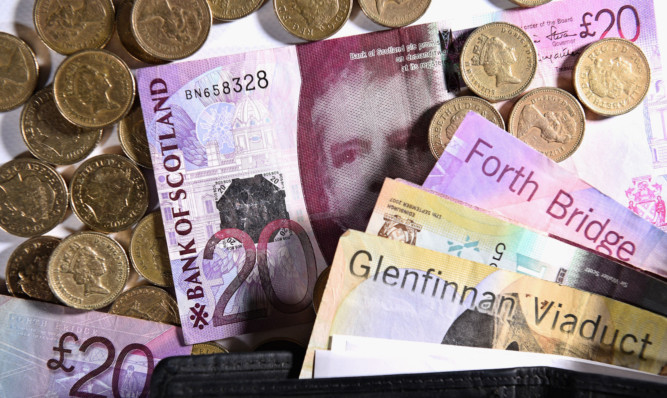
Two financial experts discuss the pros and cons of currency union
YES
The best outcome for Scotland and the rest of the UK would be to continue to use the pound as part of a currency union.
A shared currency helps promote a genuine single market and efficient supply chains, something of benefit to both businesses and consumers, wherever they are in the monetary union.
Sharing a currency promotes mobility of labour and capital which have economic and social benefits, ensuring the UK and Scotland’s economies remain highly integrated.
A clear practical advantage from retaining sterling is the positive benefits it would have for managing the transition to independence.
Existing contracts and business arrangements would continue as they are now and the integrated financial sector would continue to operate.
For example, the UK has said it will retain ownership of all existing debts. Continuing to share a currency means the Scottish Government would make any payments they need to in the same currency.
by Crawford Beveridge, Chairman of the Scottish Government’s Fiscal Commission
NO
Uncertainty is the enemy of businesses based on both sides of the Border.
That is why it is important to face up to the many questions that the prospect of Scottish independence raises even if they cannot be answered definitively at this stage.
One of the most important issues is the currency union.
Clearly there are very different views in Holyrood and Westminster on what arrangements could be struck on the use of sterling in the event of a Yes vote.
Regardless of what the politicians say, however, it is important to recognise that this is a complicated situation that could take many months or even years to resolve.
A Populus poll found that 68% of people in England and 59% of people in Wales would oppose a currency union with an independent Scotland.
This presents a clear challenge to any quick and easy settlement, which makes it more likely that there would need to be a big reform and legislative programme.
by Fiona Woolf, Lord Mayor of the City of London

Enjoy the convenience of having The Sunday Post delivered as a digital ePaper straight to your smartphone, tablet or computer.
Subscribe for only £5.49 a month and enjoy all the benefits of the printed paper as a digital replica.
Subscribe